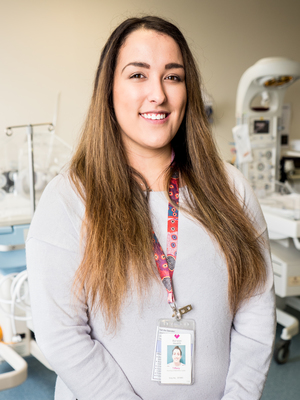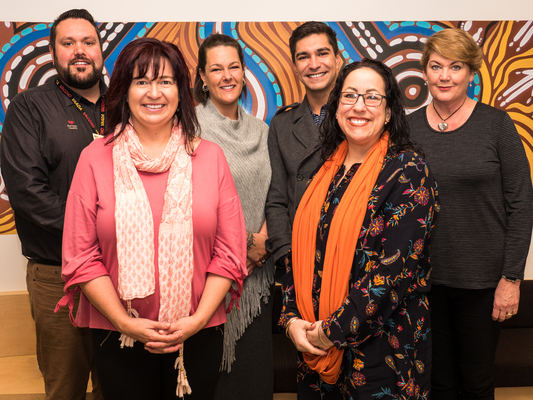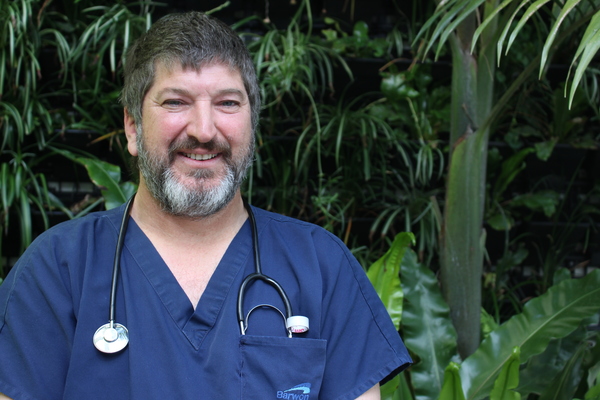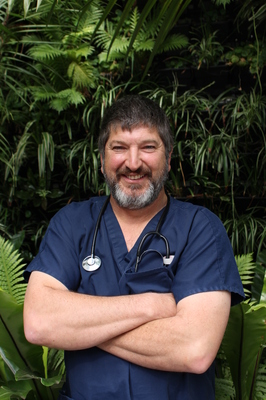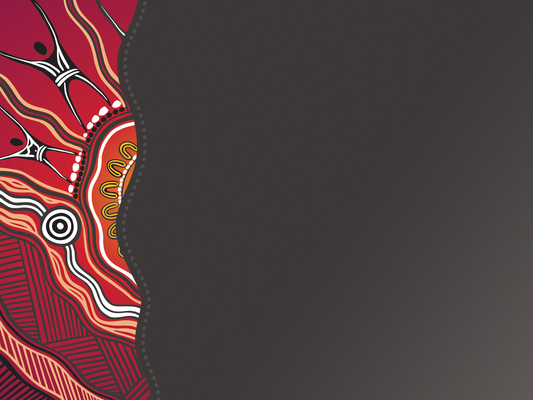Barwon Health is working toward closing the gap between Aboriginal and non-Aboriginal Australians through health, employment and reconciliation.
From humble beginnings in 1982, having employed one Aboriginal hospital liaison officer and a small number of nursing staff, Barwon Health now employs over 30 Aboriginal and Torres Strait Islander staff in various departments across the organisation.
In 2012 Barwon Health formalised its commitment to Aboriginal employment by establishing its first Aboriginal Employment Plan (AEP).
The AEP was premised on the unacceptable gap that exists between the health outcomes of the Aboriginal and Torres Strait Islander community and the wider Victoria community.
The first stage of the plan produced a 30 per cent increase in Aboriginal and Torres Strait Islander staff in nursing, traineeships, patient services assistants, cleaners, project officers and nursing and allied health cadet positions.
In mid-2016, Barwon Health undertook a review of the organisation’s Aboriginal Employment Plan, acknowledging advancements made in Aboriginal employment and the need to continue work in this area. As a result of this review, Barwon Health renewed its commitment to Aboriginal employment with stage two of the AEP 2016-2020.
Also in 2016, Barwon Health’s first Reconciliation Action Plan (RAP) was launched during National Aboriginal and Torres Strait Islander Day Observance Committee (NAIDOC) Week. This RAP supports Barwon Health in its journey to become a culturally safe and appropriate health service for all Aboriginal and Torres Strait Islander peoples.
Supported throughout the organisation, the RAP incorporates Barwon Health’s commitment to reconciliation in the areas of relationships, respect and opportunities – while also publicly reinforcing its commitment to deliver on the Aboriginal Employment Plan.
With over 50 objectives including an increase in cultural awareness and employment, a designated Aboriginal family space, cultural celebrations and continued collaboration with local Aboriginal community organisations, the RAP also identified the need for a senior Aboriginal leadership position.
Earlier this year Renee Owen commenced in this leadership role as the inaugural Aboriginal program manager, overseeing Aboriginal Health and its team, cultural responsiveness across the organisation as well as monitoring the performance and progress of the RAP and AEP.
“For me it’s been exciting to be a part of the expansion of Aboriginal Health across Barwon Health and to witness the ongoing commitment to their first RAP,” Renee said.
“I look forward to the next phase of the RAP journey – Barwon Health’s innovate RAP.”
In addition to Renee’s appointment, Barwon Health secured its first Aboriginal hospital medical officer in January 2017. Dr Melissa Carroll has established connections to the Victorian Koorie community and is passionate about closing the gap in health inequality.
“Barwon Health has welcomed me into its community and provides excellent career opportunities,” Dr Carroll said.
Barwon Health’s RAP outlines four culturally significant events throughout the year, in which all staff are encouraged to participate to enhance their cultural awareness and knowledge.
Barwon Health’s first event in February this year marked the ninth anniversary of the government’s apology to the Stolen Generations with a moving poem recital by a local Aboriginal elder and member of the Stolen Generation, Aunty Colleen Howell.
Attended by numerous staff, community members and representatives from Barwon Health partner organisations, the then-acting CEO Robyn Hayles said Australia’s history of forced removals within hospitals had made them a place to fear for many Aboriginal and Torres Strait Islander people.
“Aboriginal health is everyone’s responsibility, and one that Barwon Health takes very seriously,” Ms Hayles said.
“Striving for an improved quality of life for Aboriginal and Torres Strait Islander peoples, particularly in areas such as health, education and employment is essential for achieving equity for all.”
During NAIDOC Week in July Barwon Health acknowledged and celebrated the achievements of non-Aboriginal staff and their contribution to Closing the Gap within their respective roles and departments. The inaugural NAIDOC awards celebrated leadership, innovation and engagement and it’s anticipated the awards will continue annually.
Most recently the Aboriginal health liaison officer team was increased to 1.5 effective full time (FTE) positions in response to the increased demand of these services. The liaison officers play a crucial role within the hospital environment in facilitating the delivery of culturally appropriate services to Aboriginal patients and act as cultural brokers between Aboriginal patients and the hospital system.
Additionally, the officers promote community liaison and provide practical support throughout departments within University Hospital Geelong.
Barwon Health continues to work towards its internal Aboriginal employment target and staff numbers continue to increase steadily, with new appointments in nursing and midwifery, social work, mental health, the Aboriginal health team, and graduate positions.
Adhering to the philosophy that ‘Aboriginal health is everyone’s business’, Barwon Health continues to strive to provide culturally responsive care for the local Aboriginal community and to make a substantial and positive impact on improving the length and quality of the lives of local Aboriginal people.


